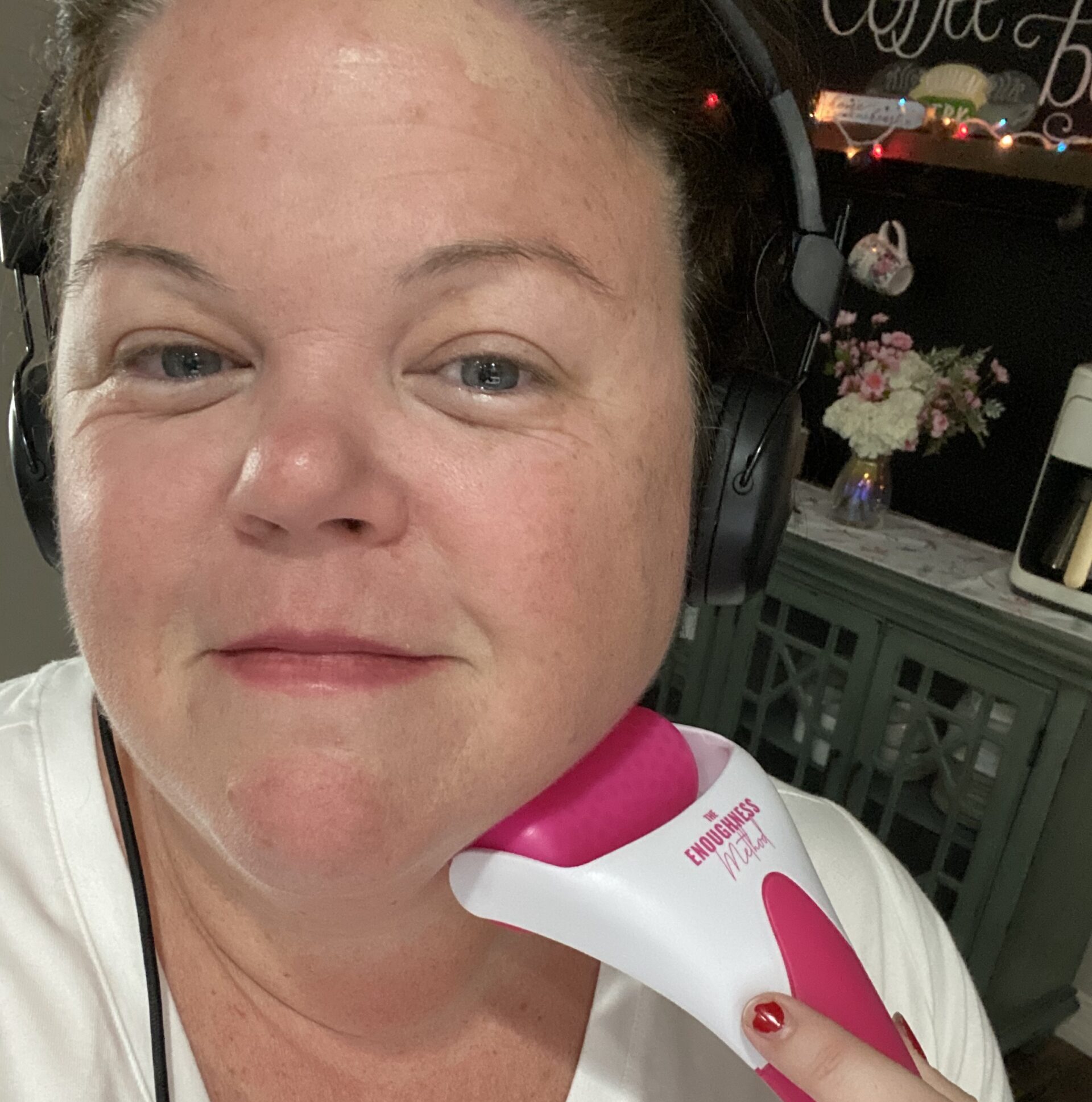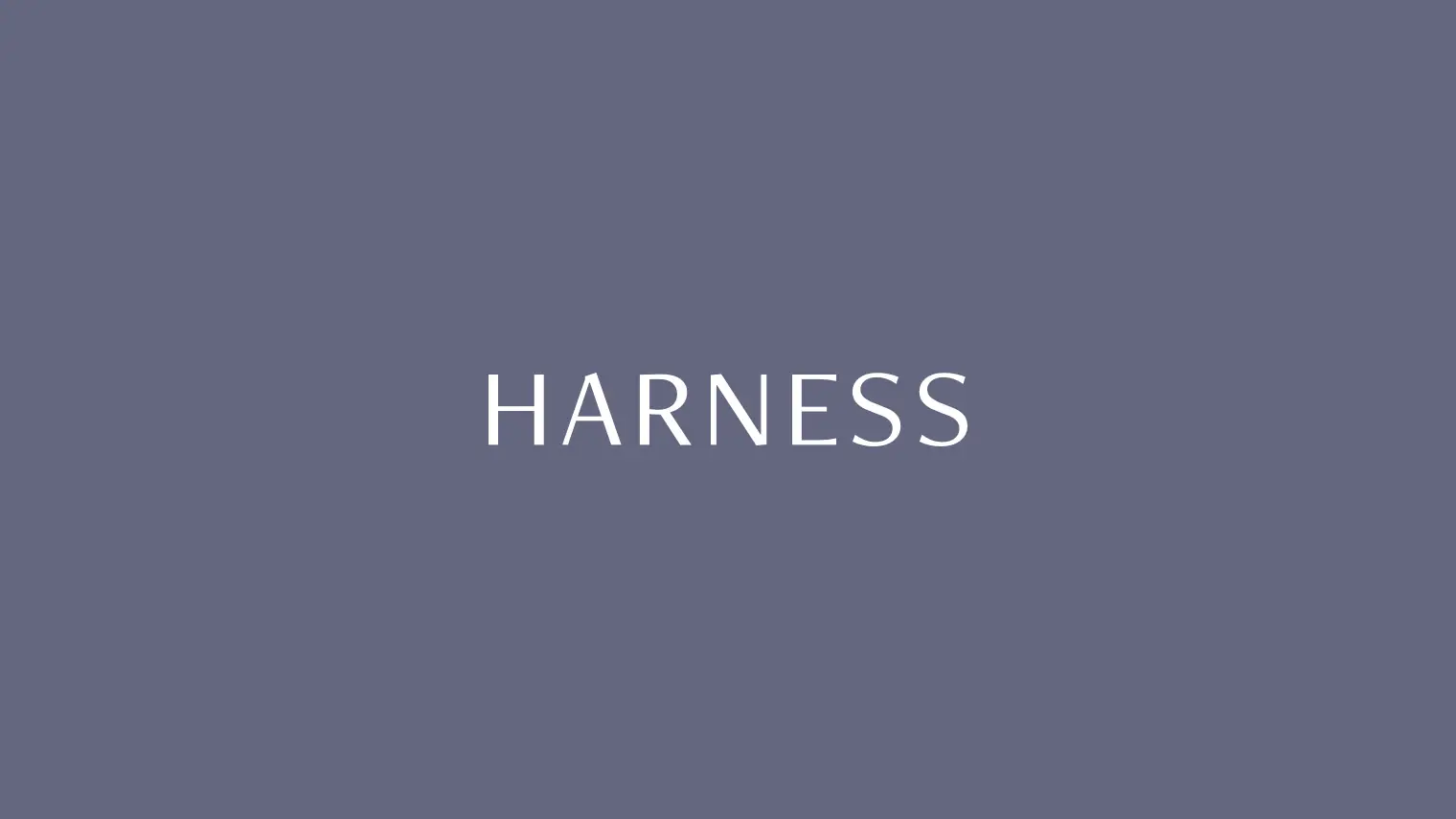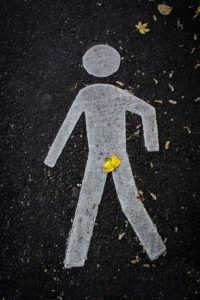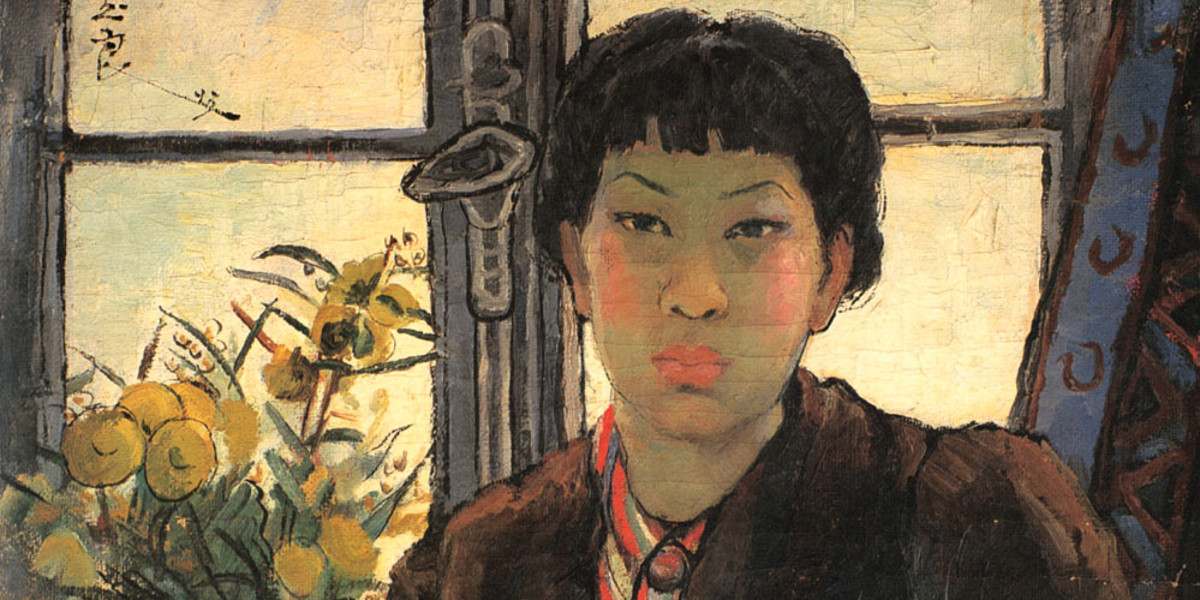Carrie Severson, a seasoned burnout recovery expert and author, has dedicated her life to helping others reclaim their power, worth, and peace. Her latest book, “The Enoughness Method: Reclaiming Your Power, Worth & Peace After Burnout,” is a testament to her passion for guiding individuals through their burnout recovery journey. Drawing from her personal experiences and extensive research, Carrie has crafted a guided journal filled with practical techniques and inspirational prompts. Her journey from a bullied teenager to a successful nonprofit founder who faced and overcame burnout herself, inspires others to find resilience and self-worth. Carrie’s story and methods offer hope and actionable steps for anyone feeling overwhelmed and depleted.
What inspired you to create “The Enoughness Method: Reclaiming Your Power, Worth & Peace After Burnout”?
I put together the latest book, The Enoughness Method: Reclaiming your Power, Worth, & Peace After Burnout while I was offering burnout recovery seminars around the country. I figured if healthcare professionals and corporate employees aren’t utilizing or know about these burnout recovery techniques, who else doesn’t know about this stuff?! The Enoughness Method is a guided journal filled with things like coloring pages, breathing techniques, my favorite nervous system retraining techniques that fit into busy schedules, journal prompts and a little of my story.
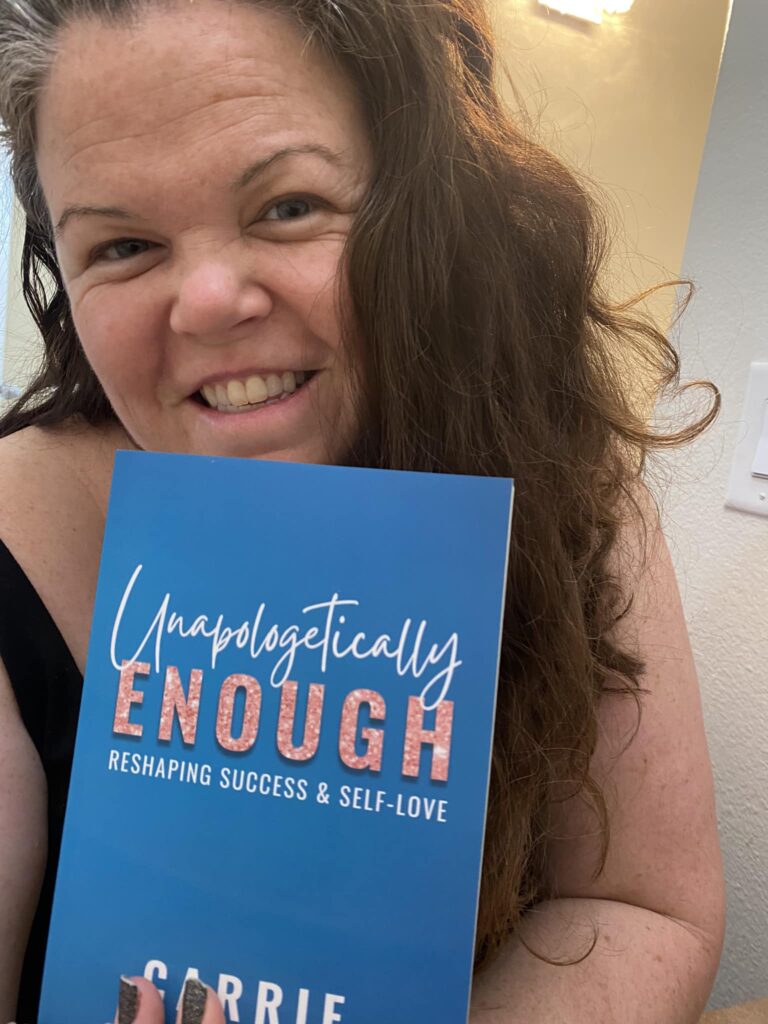
Can you share a bit about your personal journey with burnout and how it influenced your work?
I always start this by taking folks back to 1992. I’m a Gen Xer and back then we had a ton of cliques. I floated between a few and there was this one group that threatened to beat me up. To avoid that, I bribed the toughest kid in school with my great Aunt Lucy’s costume jewelry. It had huge black crucifixes on it. The deal was I’d give her more jewelry if she made sure I didn’t get beat. That worked and my fight-flight-freeze response kicked in officially at that point. I grew up wanting to change the way girls treated girls and women treated women. I created a nonprofit twenty years later that was a bullying solutions organization for young girls. It grew fast and I was ill prepared for the demand. The organization became my identity. I began to resent the work because it took everything from me – my personal life, my financial security, my health in all aspects. I gave it everything and it took everything. To come out of burnout, I had to recreate how the organization operated so I was no longer at the center of it.
What was the most challenging part of writing “The Enoughness Method”?
I actually didn’t have any trouble writing this. It came out super easily because it’s what I’ve been out teaching for years. I wanted to finish writing the book before my husband’s cancer treatment began so the most challenging aspect was meeting a deadline I set for myself. I finished it weeks before my husband started radiation and chemo. And advance copies showed up on my doorstep the day after he finished radiation. I’ve been using the techniques in the guided journal as I come out of caregiving burnout now.
How did the overwhelming response to your memoir, “Unapologetically Enough,” shape the development of your new book?
I have two books on the market about burnout – Unapologetically Enough came out in 2022 and women called it a mental health book. That surprised me. And then women at Fortune 500 companies came forward and asked me to speak to employee resource groups. As a result, I was asked to travel and do burnout recovery workshops for when the country really needed it. It still needs it. I’ve been in burnout research for the last 10 years because I first burned out before burnout was a topic in mainstream media. I love talking about it, teaching about it, and supporting people through it.
Can you describe a pivotal moment in your burnout recovery that motivated you to help others?
I’m a writer. And I write about experiences I go through so others can learn. I wrote about my burnout journey in the Huffington Post in 2015. The response from that was crazy. People from all over the world inundated my email for days on end. I heard things like, know I have a word for what I’m experiencing. I can relate to this. Thank you. One guy got the article I wrote from his therapist. He reached out to me to say he was leaving his job and going into recovery mode. The response from that simple article was what inspired me to write Unapologetically Enough. And from there, I’ve been sharing big life twists and turns and shining light on burnout recovery since.
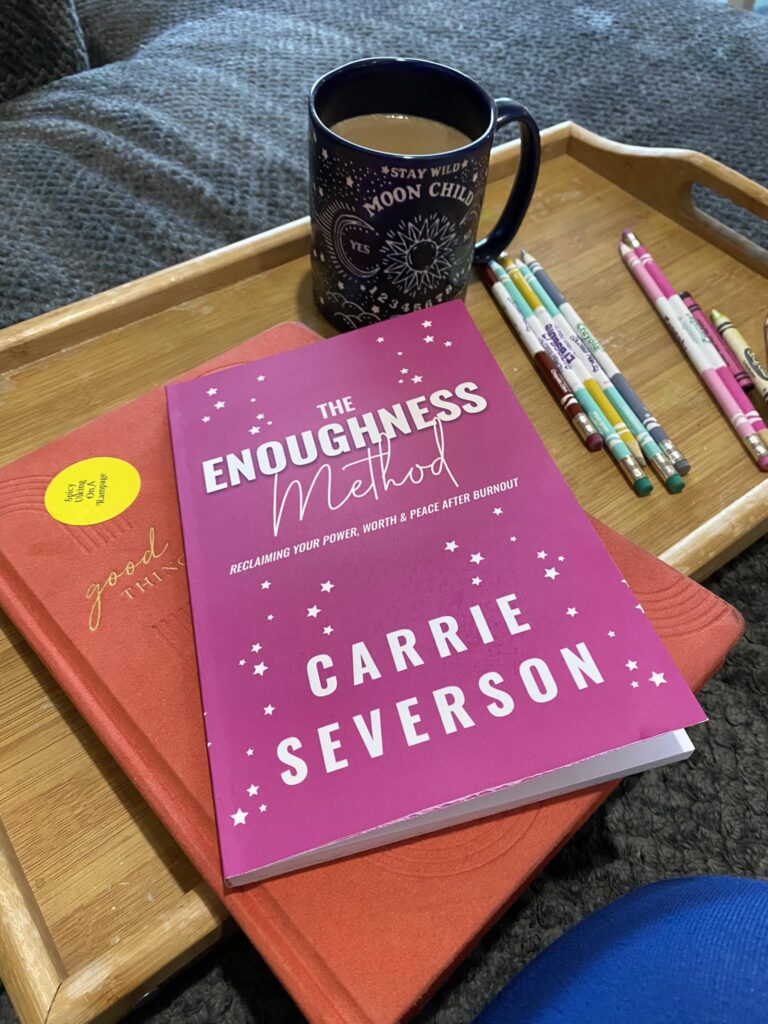
What unique tools and exercises can readers expect to find in “The Enoughness Method”?
Cold therapy, breathing exercises, self-awareness checks, boundary instructions, and simple nervous system retraining techniques we don’t remember to include in our day-to-day life and are pretty essential to recovery.
How do you balance your own self-care while managing a successful business and helping others with burnout?
It’s not easy. I say I’m a combo of winging it and manifesting it. I do what you’re really supposed to do. I take time outdoors for fresh air. I drink my water before my coffee. I exercise and give myself a ton of grace. Some sections of life aren’t self-care focused. And when I forget to pour into my own cup, I easily reach burnout again. It doesn’t take much for me to go there actually. In my 30’s, I spent hours on my self-care every day. Now, it’s red-light self-care with a breathing technique. It’s a cold shower. It’s napping. I’m working smarter now that I know what recovery looks like.
What advice do you have for women who are currently experiencing burnout?
If you work for a company and are given breaks during the day and not taking them, schedule them in your calendar. Then, leave your desk when the break pops up. Don’t just finish the email or answer that call quick. Get up, go get some water, use the restroom, stand outside for three minutes, and take deep breaths in and out while holding it for four counts in between exhaling and inhaling. Burnout happens when we’re overwhelmed at work and don’t have coping skills to deal with the day-to-day stress. The email can wait. The call can wait. Unless you have a life or death job, go get some water when that 15-minute break calendar alert pops up and go look at a tree outdoors for a few minutes. You will start to feel better if you stick to just that simple routine.
In what ways has your perception of self-worth changed throughout your journey?
Self-worth is something we have to believe in. And that’s not something we can talk ourselves into, it’s something we have to feel and the only way I’ve been able to feel that is through meditation, prayer, journaling, sitting outside and feeling my body. It’s a relationship between my heart and my mind. When those two things aren’t in a clear communication track, self-worth is in the weeds.
Can you share a success story from someone who has used your method?
Here is a testimonial from the book:
The Enoughness Method spoke to me as a woman of God, wife, mother of two (4 &7), and working woman in an ever-changing environment. I LOVED in the beginning how Carrie shows when feelings are overwhelming/emotions are taking over, simply closing your eyes and reminding yourself “I AM SAFE, I AM SAFE, I AM SAFE” is one way to bring back the calm.
Carrie provides so many easy-to-apply actionable steps to help regulate your emotions.
The biggest bonus of this book is the steps to identify and understand your non-negotiables. This allows you to understand what boundaries you need to set for yourself quickly.
This was a huge reminder and unlock for me. During COVID-19, I spent time understanding how to manage my stressors. Post-COVID, I have lost touch with my boundaries. Thank you, Carrie, for this Book!
– Brittany Lewis, Wife, Mother, and Fortune 500 Retail Professional
What role does creativity play in your recovery process and in your books?
Creativity for me personally played a big role in recovering from burnout – every time I find myself in it. I have been a professional writer for nearly 30 years, and before that loved writing notes to pass along in class and tried my hand at short stories, poems, music lyrics, in my teens and have always been a big journaler. I put creativity activity in both of my books so the reader can tap into that deeper well within and find their center, self-assess, and even get present with things like coloring.
How do you stay motivated when facing your own challenges with burnout?
It’s less about motivation for me as it is about peace. I first have to find peace before anything else. I nap, meditation and allow myself to surrender.
What are some common misconceptions about burnout that you wish to address?
A common comment I see when I go into burnout recovery seminars is: Why is it always the responsibility of the employees? People believe burnout is simply something that will change if management or workplace culture change and that’s not the case. It will help improve the situation but burnout is a nervous system issue and in order to really feel like ourselves again, we have to retrain our nervous system so that is really the responsibility of each individual – the employee.
How can readers stay connected with you and continue to receive support after reading “The Enoughness Method”?
I’m easily findable! If they are interested in working with me to come out of burnout, book a call at https://unapologeticallyenough.com/book-a-call/.
@carrieseverson
